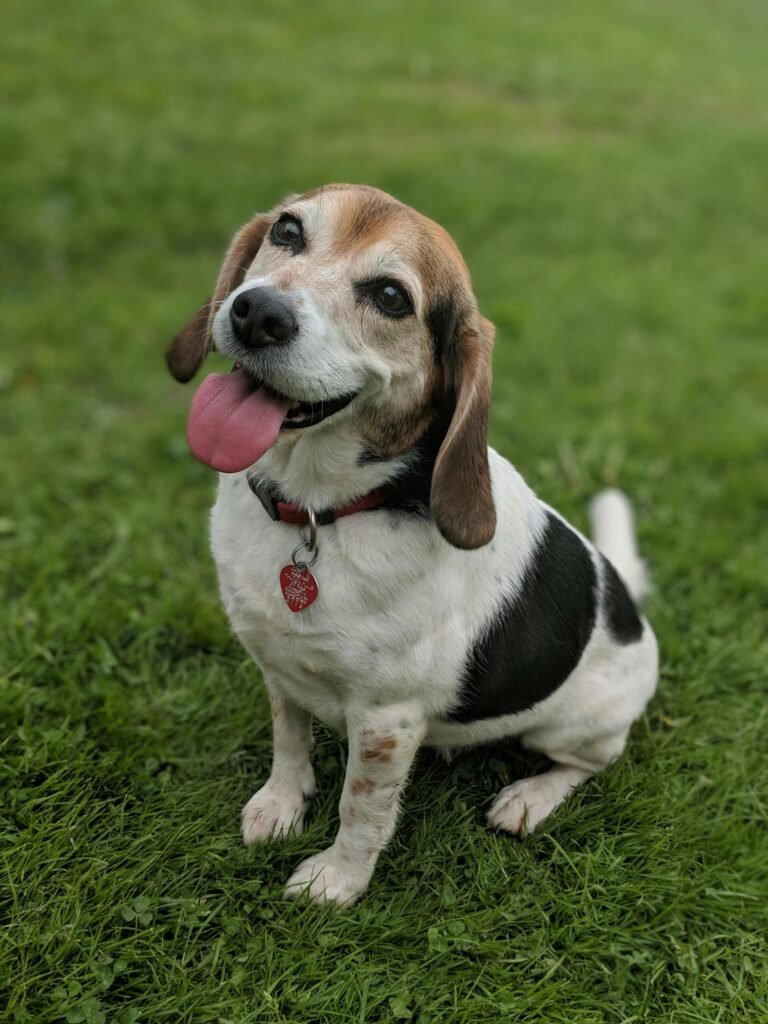Across the world, golden retrievers are among the most well-liked dog breeds. Known for their friendly nature, intelligence, and loyalty, it’s no surprise that many people consider getting a Golden Retriever puppy. If you’re thinking about bringing one into your home, you probably have a lot of questions. In this guide, we will cover everything you need to know about Golden Retriever puppies, from their temperament to how to care for them.
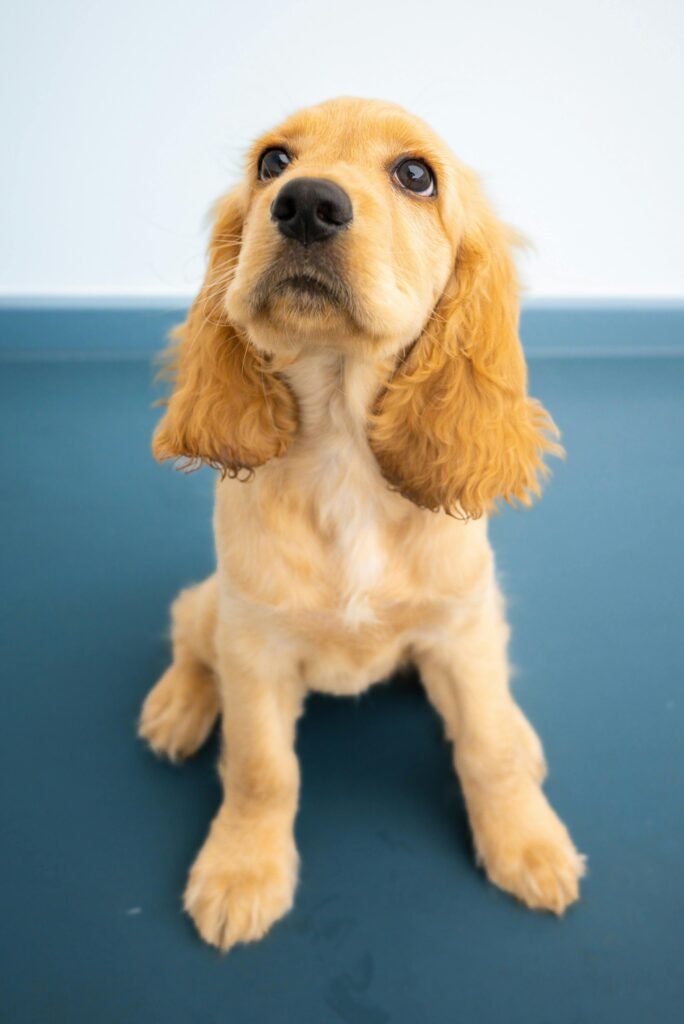


Introduction to Golden Retriever Puppies
Golden Retrievers are known for their playful and gentle nature, making them excellent family pets. These puppies grow into medium-to-large dogs that love to be active and social. They get along well with children, adults, and other pets, which makes them a great choice for families and individuals alike.
But before you welcome one of these adorable puppies into your life, it’s essential to know what you’re getting into. From their exercise needs to their health issues, we’ll cover all aspects of raising a Golden Retriever puppy.
History of the Golden Retriever
Golden Retrievers were first bred in Scotland in the mid-19th century. Their main purpose was to help hunters retrieve game from both water and land, thanks to their love for swimming and retrieving skills. Over time, their friendly nature and eagerness to please made them ideal companions for families, as well as excellent working dogs for various roles, including guide dogs and therapy dogs.
Physical Appearance of Golden Retriever Puppies
Golden Retriever puppies are fluffy, with soft coats that range in color from light cream to deep gold. As they grow, their coat becomes denser and water-resistant, perfect for outdoor activities. Their ears are floppy, and their eyes are dark and soulful, often giving them a curious and gentle expression. Male Golden Retrievers usually grow to be between 23-24 inches tall, while females tend to be slightly smaller at 21.5-22.5 inches.
Personality and Temperament
One of the main reasons people fall in love with Golden Retriever puppies is their temperament. They are friendly, outgoing, and eager to please. Golden Retrievers are also incredibly patient, which makes them excellent with kids. Their intelligence and desire to make their owners happy make them easy to train. However, they can be a bit mouthy as puppies, which is something you’ll need to manage early on.
Golden Retriever Puppy Behavior
Golden Retriever puppies are full of energy and curiosity. They love to explore their surroundings and may chew on things they shouldn’t. These puppies are known to be “mouthy,” meaning they like to carry things in their mouths—a natural instinct from their retrieving background. Providing them with appropriate chew toys can help channel this behavior.
Training a Golden Retriever Puppy
Training your Golden Retriever puppy should start as early as possible. They are smart dogs and respond well to positive reinforcement.
Housetraining
Housetraining a Golden Retriever puppy can be a relatively straightforward process if you stay consistent. The key is to establish a routine for bathroom breaks, especially after meals and naps. Crate training can also be an effective method for housetraining your puppy.
Basic Commands
Golden Retrievers are eager learners. Teaching basic commands like “sit,” “stay,” and “come” will not only make your life easier but will also keep your puppy safe. Short, positive training sessions will help keep your puppy engaged and learning.
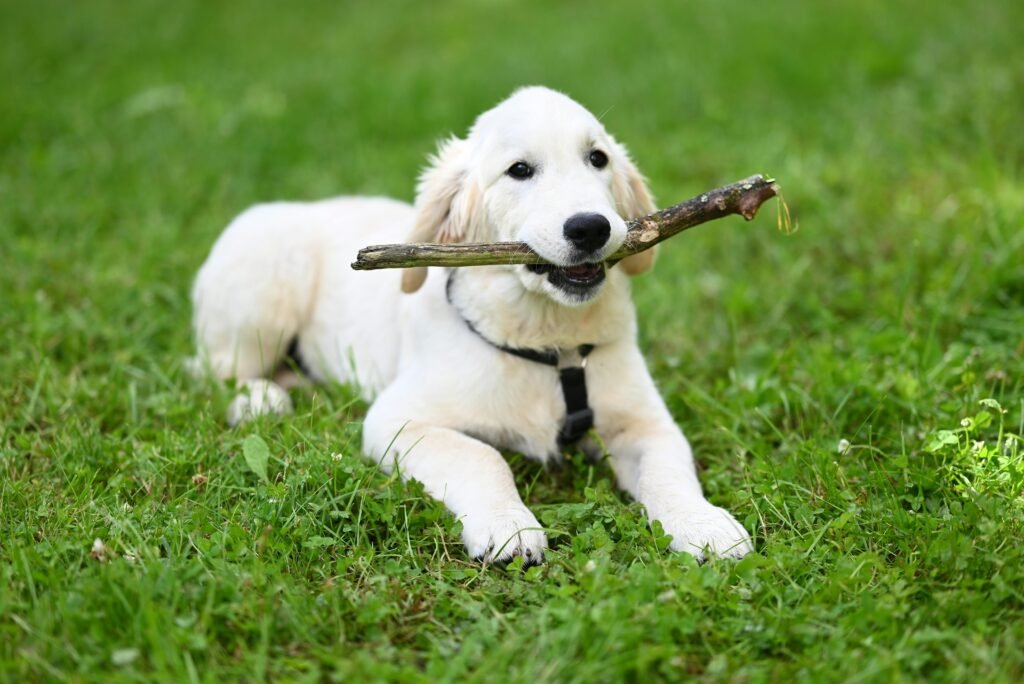
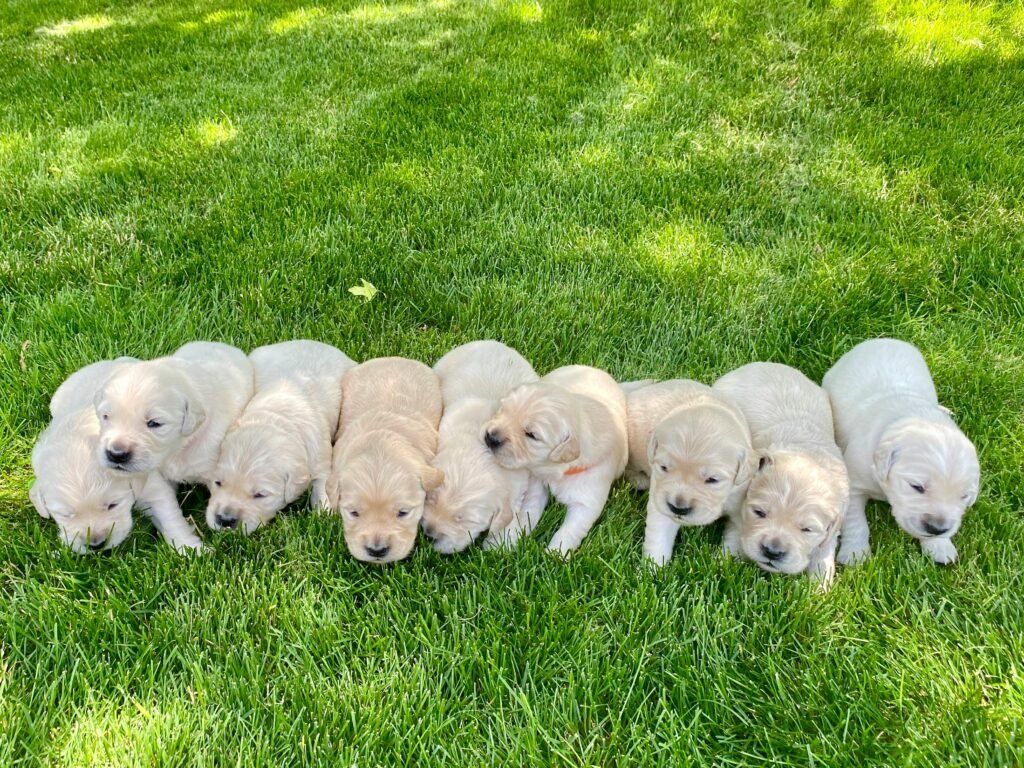

Exercise Needs for Golden Retriever Puppies
Golden Retrievers are active dogs that need plenty of exercise to stay healthy and happy.
Daily Activity Recommendations
Puppies should start with short bursts of playtime and gradually build up to longer exercise sessions as they grow. A typical Golden Retriever puppy will need around 20-30 minutes of exercise twice a day. Avoid over-exercising young puppies, as it can lead to joint issues.
Mental Stimulation
Golden Retrievers are intelligent dogs that also need mental stimulation. Puzzle toys, obedience training, and learning new tricks can help challenge their brains and keep them mentally sharp.
Diet and Nutrition for Golden Retriever Puppies
Your Golden Retriever puppy’s diet is crucial to their growth and development.
Feeding Guidelines
A high-quality puppy food that is specifically designed for large-breed puppies is essential. These foods contain the right balance of nutrients to support their rapid growth. Be mindful not to overfeed, as Golden Retrievers are prone to gaining weight, which can lead to health problems later in life.
Foods to Avoid
Avoid giving your puppy human food, especially chocolate, grapes, raisins, and anything containing xylitol, as these can be toxic to dogs.
Grooming Needs for Golden Retriever Puppies
Golden Retrievers have a double coat that sheds year-round, with heavier shedding during spring and fall.
Bathing and Brushing
Regular brushing, about 2-3 times a week, will help keep their coat healthy and reduce shedding. Baths should be given as needed, typically once a month or when they get especially dirty.
Nail Care
Trim your puppy’s nails regularly to prevent overgrowth, which can cause discomfort or injury. Introduce nail trimming early so they get used to the process.
Health Issues Common in Golden Retrievers
Golden Retrievers are generally healthy dogs but are prone to specific health conditions.
Hip Dysplasia
Hip dysplasia is a genetic condition that affects many larger dog breeds. It occurs when the hip joint doesn’t develop properly, leading to arthritis. Regular vet check-ups and a healthy diet can help manage this condition.
Other Common Health Concerns
Other issues to watch for include elbow dysplasia, eye disorders, and heart disease. Regular veterinary care and early screening can help catch these issues early.
How to Choose a Golden Retriever Puppy
When choosing a Golden Retriever puppy, it’s essential to find a reputable breeder. A responsible breeder will ensure that both the puppy’s parents are healthy and free of genetic conditions.
Reputable Breeders
Look for breeders who test for common genetic conditions like hip dysplasia and heart problems. Avoid puppy mills or backyard breeders, as they may not prioritize the puppy’s health.
Signs of a Healthy Puppy
A healthy puppy will have clear eyes, a shiny coat, and an active demeanor. They should also be curious and playful but not overly shy or aggressive.
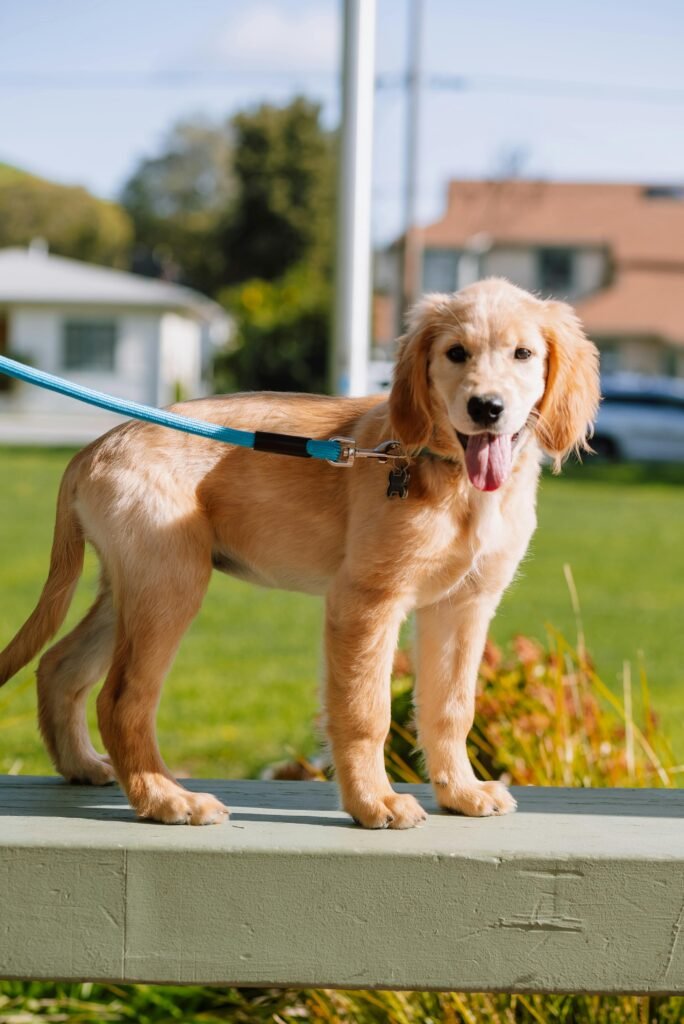
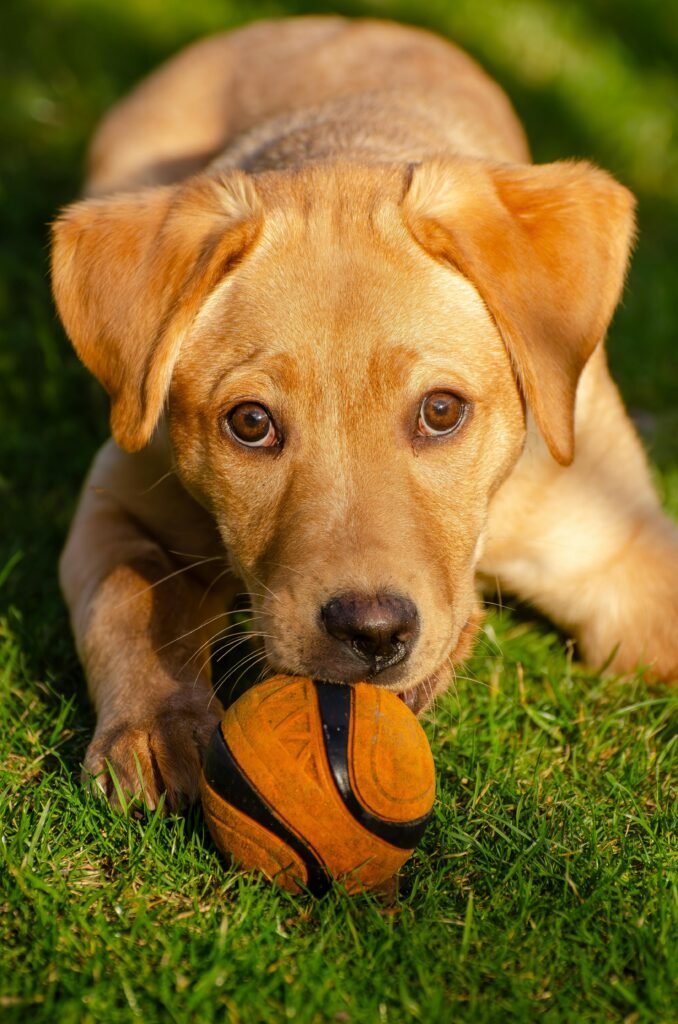
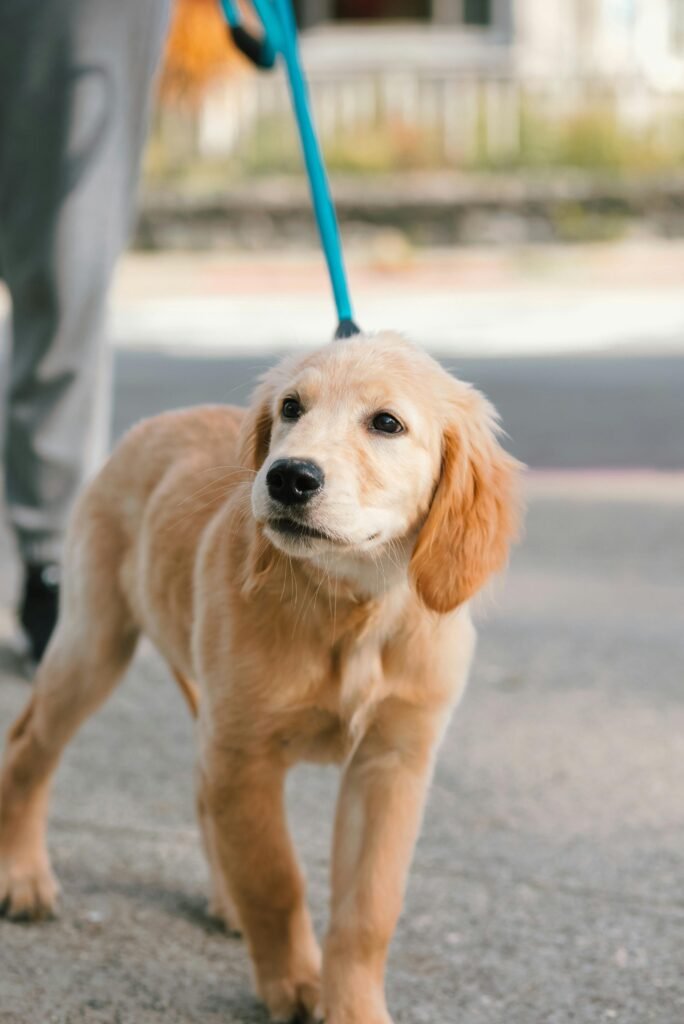
How Much a Golden Retriever Puppy Costs to Own
Puppy
Owning a Golden Retriever puppy comes with costs that go beyond the initial price of the dog.
Initial Costs
Expect to spend between $500 and $3,000 on a Golden Retriever puppy, depending on the breeder and the puppy’s lineage.
Ongoing Costs
Ongoing costs include food, grooming supplies, vet visits, and toys. Golden Retrievers are large dogs, so their food bills can add up quickly. Be prepared for these expenses over the 10-12 years of their life.
Socializing a Golden Retriever Puppy
Socialization is essential for Golden Retriever puppies. Exposing them to different people, pets, and environments will help them grow into well-behaved and confident adults.
Golden Retriever Puppy Toys and Accessories
Golden Retriever puppies love to chew, so investing in durable toys is a must. Look for toys that can withstand their strong jaws. Puzzle toys can also provide mental stimulation and keep them entertained.
Conclusion
Golden Retriever puppies are a joy to have around. Their playful energy, combined with their friendly and loyal nature, makes them ideal pets for many households. However, like all dogs, they require time, patience, and commitment. From training to exercise, diet, and health care, there’s a lot that goes into raising a healthy, happy Golden Retriever. But the love and companionship they offer in return are worth every bit of effort.
FAQs
- How long does it take to housetrain a Golden Retriever puppy?
- Housetraining can take several weeks, but consistency and patience will speed up the process.
- How much exercise does a Golden Retriever puppy need?
- Start with 20-30 minutes of playtime twice a day, gradually increasing as they grow older.
- When should I start training my Golden Retriever puppy?
- Start basic training as early as 8 weeks old, focusing on commands like “sit” and “stay.”
- What should I feed my Golden Retriever puppy?
- Choose high-quality puppy food designed for large breeds to ensure proper growth and nutrition.
- Are Golden Retriever puppies good with kids?
- Yes, Golden Retrievers are known for being patient and gentle, making them great companions for children.

